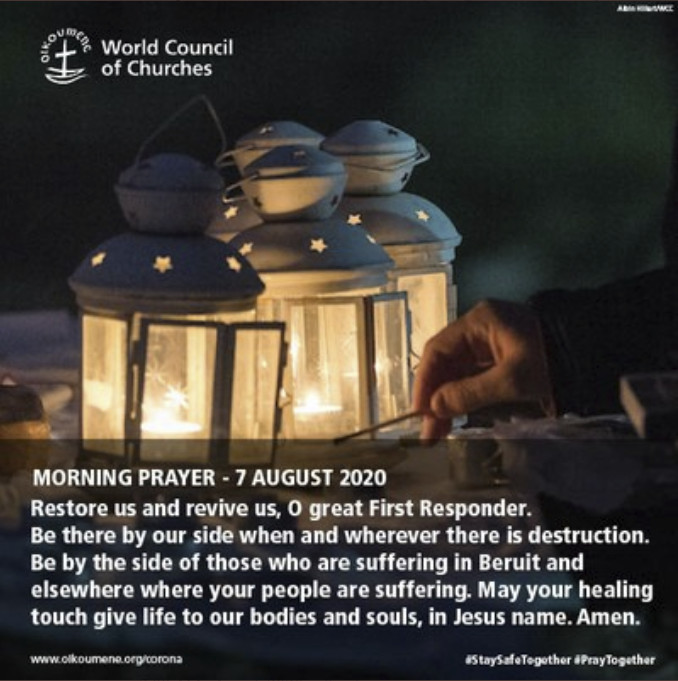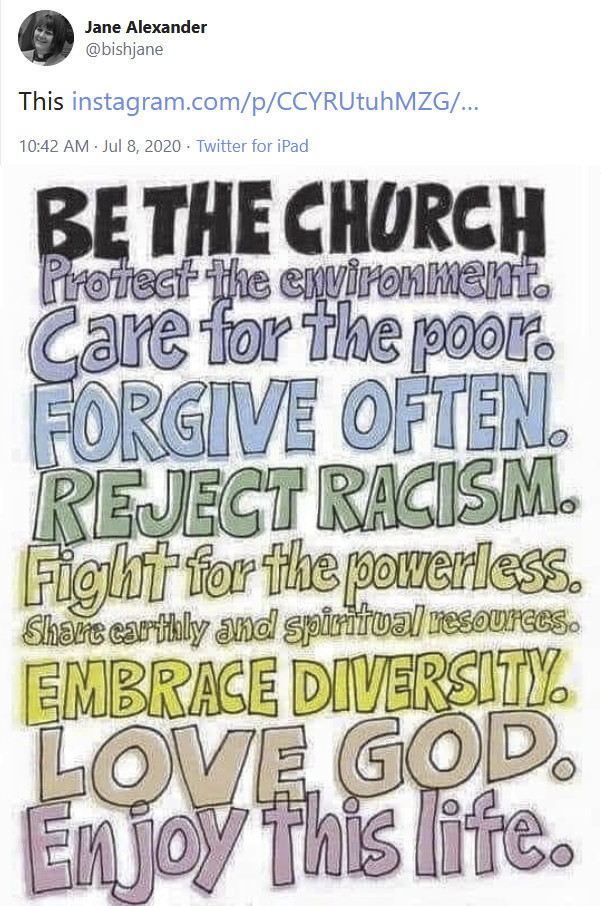James Innell Packer died on Friday, July 17, at age 93.
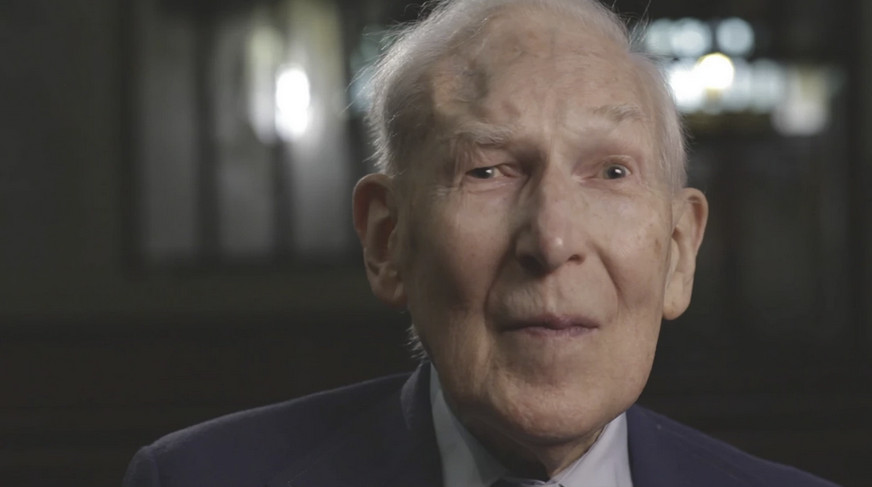
I first met J. I. Packer in the late 1970’s. He had come to speak at a church local to me, and I went to hear what he had say. I was a new Christian and had just read Knowing God so I joined the queue to meet him and have him sign my book.
The person in front of me made the silly mistake of disagreeing with something Packer had said, so I was treated to the pleasure of a five-minute demolishing of the person’s point. When my turn came, I decided not to disagree with anything. But I had questions. Lots of questions.
Happily for me (not necessarily for Packer), I was seated next to him at lunch so I plied him with my questions. The two answers that stayed with me were to: “why should I stick with the Anglican Church since it is gurgling its way down the toilet?” and “what exactly is the Bible?” (I was new to all this, remember).
The first answer was along the lines of, yes, the Anglican Communion may be on its way to ruin but what can you do personally to contribute to your parish to try and make it better. The second was: The Bible is God’s propositional revelation to man. Both answers appealed to me at the time – and still do. Funnily enough, 30 years later when I met him at an ANiC synod and reminded him of the second answer, he looked at me and said: “hmm, I’m not sure I would put it quite like that now”.
A great honour to have met him and a great loss for the church.
There is a very good article about J. I. Packer in Christianity Today. Read it all here:
James Innell Packer, better known to many as J. I. Packer, was one of the most famous and influential evangelical leaders of our time. He died Friday, July 17, at age 93.
I. Packer was born in a village outside of Gloucester, England, on July 22, 1926. He came from humble stock, being born into a family that he called lower middle class. The religious climate at home and church was that of nominal Anglicanism rather than evangelical belief in Christ as Savior (something that Packer was not taught in his home church).
Packer’s life-changing childhood experience came at the age of seven when he was chased out of the schoolyard by a bully onto the busy London Road in Gloucester, where he was struck by a bread van and sustained a serious head injury. He carried a visible dent in the side of his head for the rest of his life. Nevertheless, Packer was uncomplaining and accepting of what providence brought into his life from childhood on.
Much more important than Packer’s accident was his conversion to Christ, which happened within two weeks of his matriculation as an undergraduate at Oxford University. Packer committed his life to Christ on October 22, 1944, while attending an evangelistic service sponsored by the campus InterVarsity chapter.
Although Packer was a serious student pursuing a classics degree, the heartbeat of his life at Oxford was spiritual. It was at Oxford that Packer first heard lectures from C. S. Lewis, and though they were never personally acquainted, Lewis would exert a powerful influence on Packer’s life and work. When Packer left Oxford with his doctorate on Richard Baxter in 1952, he did not immediately begin his academic career but spent a three-year term as a parish minister in suburban Birmingham.
Like this:
Like Loading...


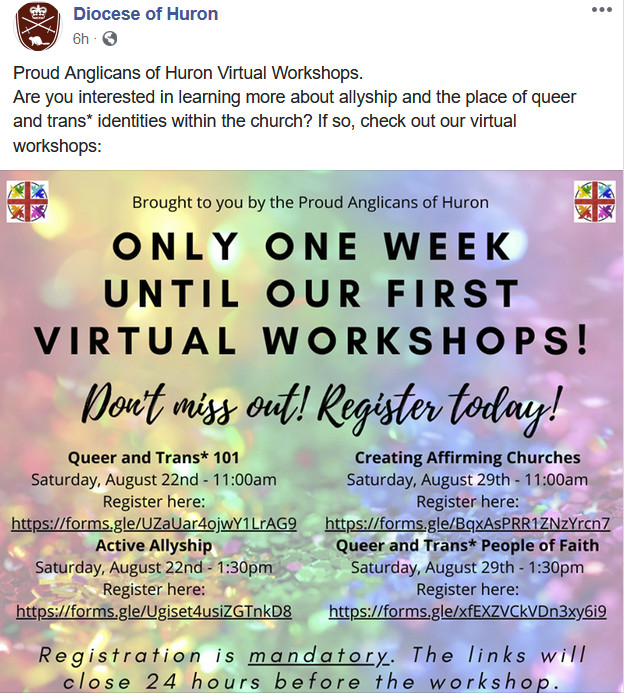
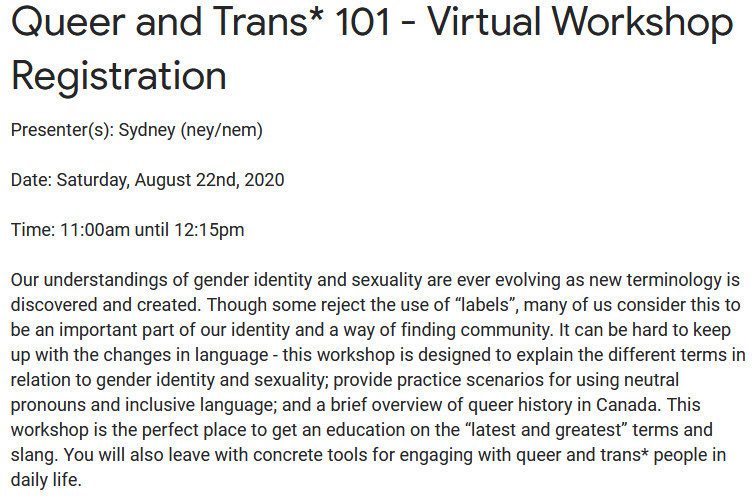
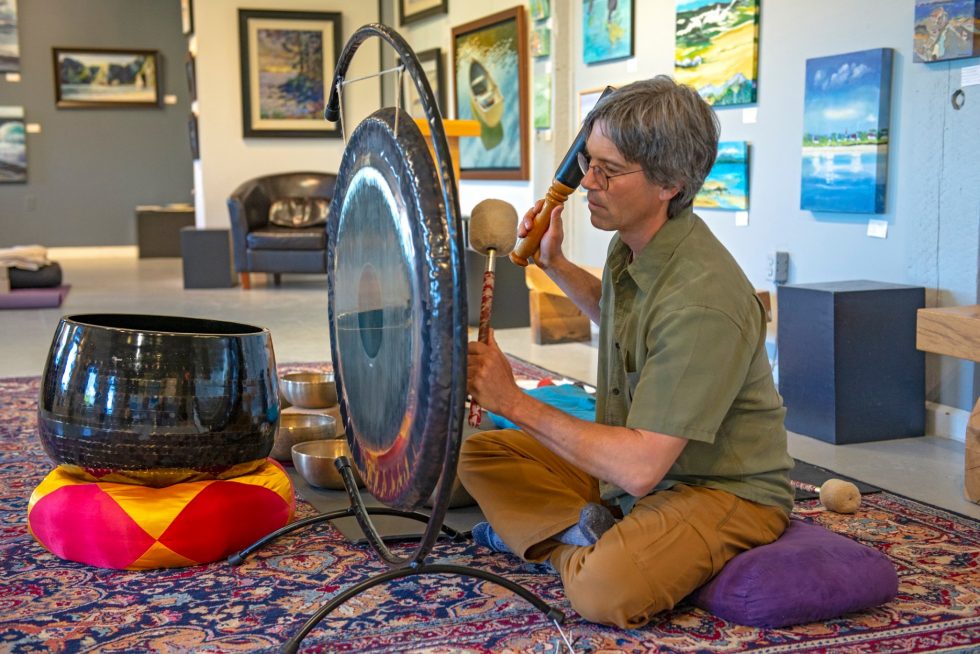 Wed Aug 19, 2020
Wed Aug 19, 2020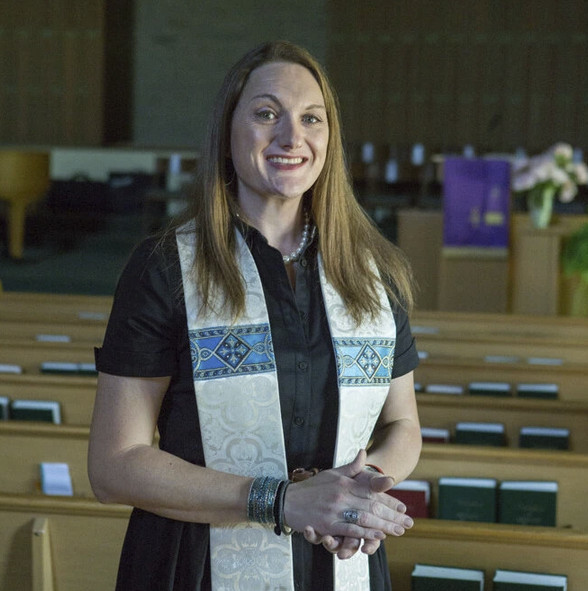 Last month, the Rev. Junia Joplin told her Baptist congregation in a sermon about the importance of telling the truth without fear of the consequences. And then she revealed a secret truth of her own: She is a transgender woman.
Last month, the Rev. Junia Joplin told her Baptist congregation in a sermon about the importance of telling the truth without fear of the consequences. And then she revealed a secret truth of her own: She is a transgender woman.